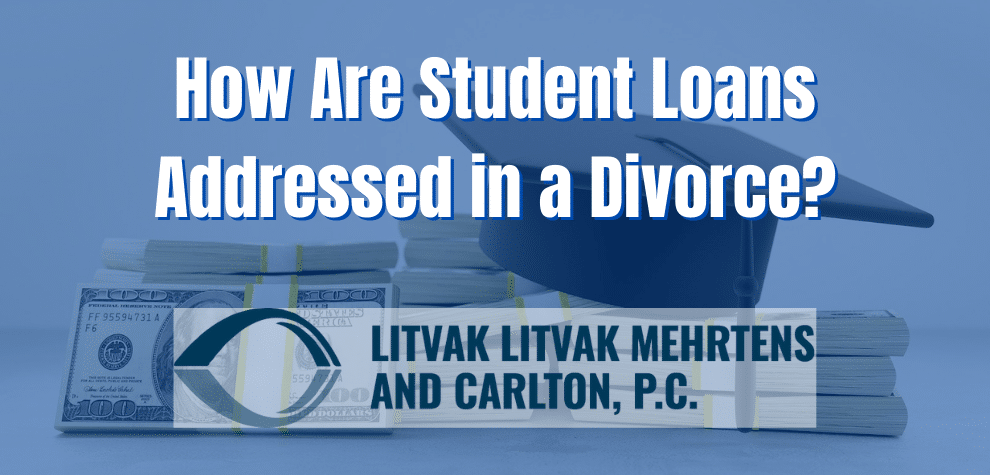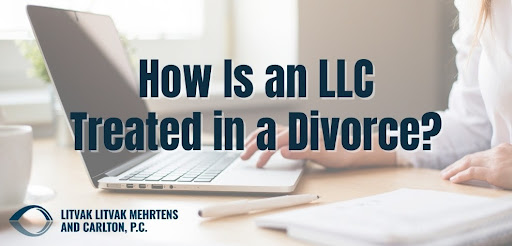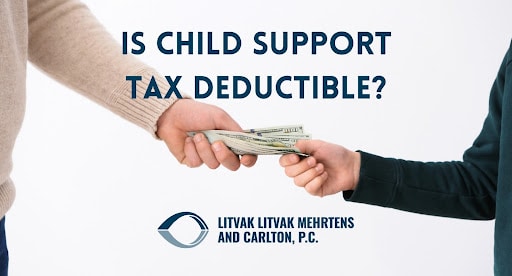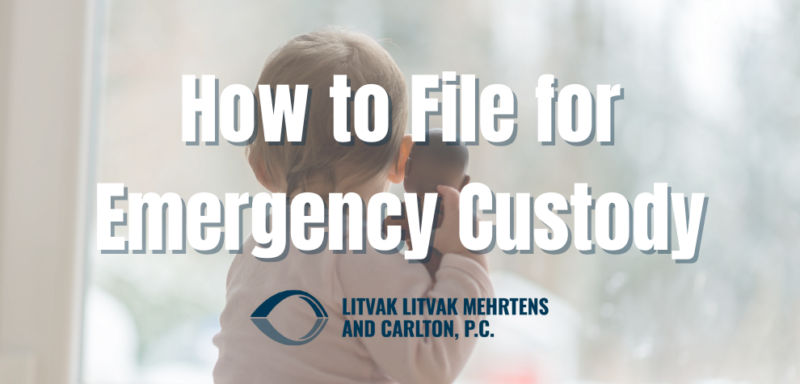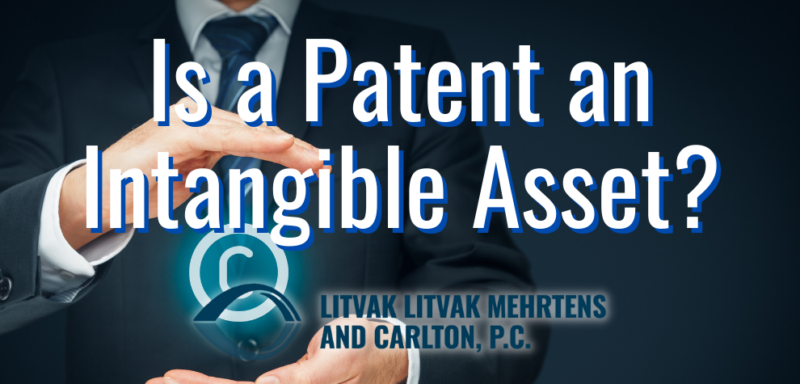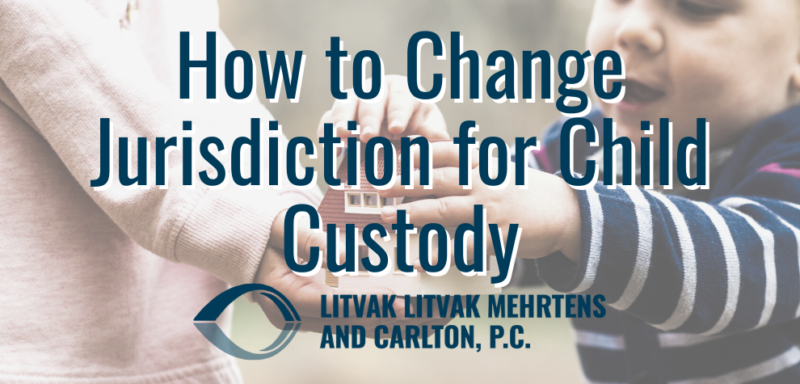Student loan debt is a common concern that many people in Colorado face. This problem is even more magnified in a divorce when spouses have concerns about incurring someone else’s debt. The good news is that limited situations exist in which you would be stuck paying for your former spouse’s student loans after the divorce is final. How do divorce and student loans play out?
At Litvak Litvak Mehrtens and Carlton P.C., we are committed to helping our clients draw up a strategy for their divorce that will work best for them. As you get ready to head into this difficult time, remember that we are here with the expertise and personal touch necessary in order to make sure your needs stay at the forefront of the case. What’s important to you will always be our top priority as we navigate through these challenging times together. To schedule your consultation with a qualified Colorado divorce attorney, call 303-951-4506 today.
Are Student Loans Considered Marital Debt?
Colorado is an equitable distribution state. This basically means that, in the event of divorce, the court divides property in a way that they deem fair to both parties. However, fair does not always mean equal. This is especially true when spouses cannot come to an agreement on their own. During the divorce proceedings, both sides make a case to have more or less debt than the other side. This includes student loan debts. Additionally, Colorado is a dual-property state. This means that property is classified as either marital or nonmarital.
Marital Property:
The law defines “marital property” as any assets, income, and debts acquired during a marriage. It’s important to note that all pre-marriage possessions are considered separate property. It can also vary depending on the state you reside in. Some states include gifts or inheritance from other sources into marital property. Others will only consider them if they’re given with an intention towards improving one spouse’s economic position after separation through divorce.
Nonmarital Property:
Nonmarital property are assets and debts owed by a person prior to marriage that remain unchanged. These can also be inheritances received during the span of your marriage, or gifts given from one spouse to another.
Divorce and Student Loans in Colorado
Colorado law states that it is not a community property state. When it comes to debts, this means that the spouse whose name appears on the loan is the one who is responsible for paying it back after the divorce. That does not change whether they took out the student loan before or after the marriage. The only way that this may change is if the other spouse ended up as the co-signer on the loan. If you co-sign on your spouse’s debt, that survives the marriage, and you will likely hold responsibility after the divorce. The only way around this is to obtain a release from the other spouse.
Take Care of Your Student Loan Debt
If you have student loans and face divorce, it may make sense to take steps to limit their impact. You can consolidate your student loans since interest rates are lower, and this would lower your monthly payments. You could also reach out to your lender to get forbearance if your financial situation is keeping you from repaying your loans in full.
Student loan debts often affect how to divide the property in the divorce agreement. If you have a high debt level, it may mean that you request more of the marital estate. A divorce attorney may help you negotiate the agreement. If you have co-signed on your spouse’s loans, your attorney may help you use the agreement to protect you from having to pay back their debt. Student loans are a common issue that an attorney may help you address.
If I Get Divorced, Who is Responsible for My Spouse’s Student Loan Debt?
Colorado’s status as an equitable distribution state means that determining “fair” divisions of property is a complex process. Below, we include a list of considerations that judges have in determining fairness:
- When did they acquire the debt?
- Whose name is the debt under?
- Did only one spouse co-sign on the loan?
- How did they use the student loan?
- Who held the responsibility of paying the debt?
- Did the degree or educational program associated with the loans help one spouse advance their career or bring significant money into the marriage?
- How did the loans affect the contributions of both spouses to the marriage?
- What other property division issues exist? What other debts and assets are there?
How is a Child’s Student Loan Debt Addressed in a Divorce?
Divorce and student loans can be a really tough issue to navigate. The divorce process is already hard enough, but when you have debt involved it could make things even more difficult. You might wonder if student loan debt will count as marital property in the event of a split. Even in divorce, the spouse who took out the loan usually holds responsibility for the debt. However, it is entirely possible that the court will decide that both spouses should pay for this loan.
Is the Spouse Responsible for Student Loan Debt Incurred Before Marriage When You Divorce?
Spouses are usually not responsible for student loan debt incurred before marriage. And that’s usually true even if they live in community property states. Federal loans and private loans remain the borrower’s sole responsibility unless otherwise noted by a contract or agreement. One thing to remember is that your debt, like property in a marriage, remains separate if you incurred the property/debt before you got married.
The rules on property ownership can change if you and your spouse enter into some agreement that modifies the ownership or liability for certain items. It also changes if either of you refinance a student loan, as one may be liable to pay off all remaining debt in case something happens to their partner.
Contact Litvak Litvak Mehrtens and Carlton Today
In the event of divorce, you’ll want an experienced attorney on your side to protect your high assets, work out child support, alimony payments, and much more. If you face legal separation or divorce, you need the knowledgeable divorce attorneys with Litvak Litvak Mehrtens and Carlton, P.C. on your side. To discuss your case with us, give our Denver office a call at 303-951-4506 today.

